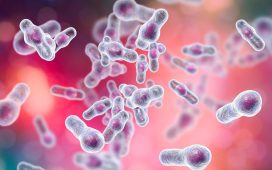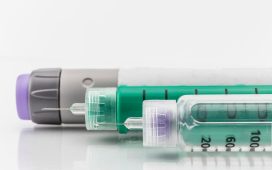Mean levels of anti-Müllerian hormone unchanged from baseline to three months after vaccination among reproductive-aged women
WEDNESDAY, Dec. 29, 2021 (HealthDay News) — No changes are seen in plasma anti-M ¼llerian hormone (AMH) levels at three months following mRNA COVID-19 vaccination, according to a study published online Dec. 22 in Human Reproduction.
Aya Mohr-Sasson, M.D., from Sheba Medical Center in Tel-Hashomer, Israel, and colleagues conducted a prospective study involving 129 reproductive-aged women (18 to 42 years) vaccinated with two Pfizer-BioNTech COVID-19 vaccine doses 21 days apart. Blood samples were collected for AMH levels before the first vaccine administration and after three months.
The researchers found that at baseline and after three months, mean AMH levels were 5.3 ± 4.29 µg/L and 5.3 ± 4.50 µg/L, respectively. Subanalyses were performed for three age groups — younger than 30, 30 to 35, and older than 35 years — to account for possible age-specific changes of AMH. At all times, AMH levels were significantly lower for women older than 35 years; however, in the three age groups, no significant differences were seen for the changes in AMH levels before and after vaccination. No association was observed between the degree of immune response and AMH levels after controlling for age.
“All vaccinated women in this study demonstrated elevated anti-COVID-19 antibody levels at three months [providing] the correct administration of the vaccines. We did not find any association between antibody levels and AMH levels,” a coauthor said in a statement. “We conclude that SARS-CoV-2 mRNA vaccinations are not associated with a decrease in ovarian reserve at three months. This information could be of significant value to physicians and patients alike.”
Copyright © 2021 HealthDay. All rights reserved.








